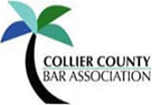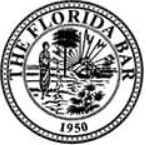Preparing to lease residential property in Florida requires careful planning so you can protect your investment. While it would be nice to think that every tenant will have integrity and respect your property it is not guaranteed.
A well-written lease agreement can provide details to your tenants about your expectations. It can also describe the terms of the tenant/landlord relationship and serve as a reference when questions arise.
Addressing the basics
While your lease agreement may look different from others you have seen, it should always address basic information that encourages understanding and compliance from your tenants. According to Moving.com, create specific guidelines for the treatment and upkeep of your property. Describe your rules for having guests or authorizing access from people other than your tenants.
Disclose your stance on renter’s insurance, discuss security deposits and describe the process for dealing with maintenance and repairs. You should also talk about the renewal process and under what conditions, if any, exceptions will allow your tenants to terminate their lease early. If you make any customized arrangements or verbal agreements, make sure to include them in your formal lease agreement.
Verifying understanding
As you prepare to screen tenants to lease your property, make sure you explain your expectations as listed in the lease agreement. Provide an opportunity for tenants to ask questions and confirm their understanding of the agreement.
If you wish to make any changes to your lease agreement, make sure that your modifications meet legal requirements. Having a professional verify the legitimacy of your lease agreement can prevent the disappointment and costly consequences of relying on an agreement that is not legally enforceable.







